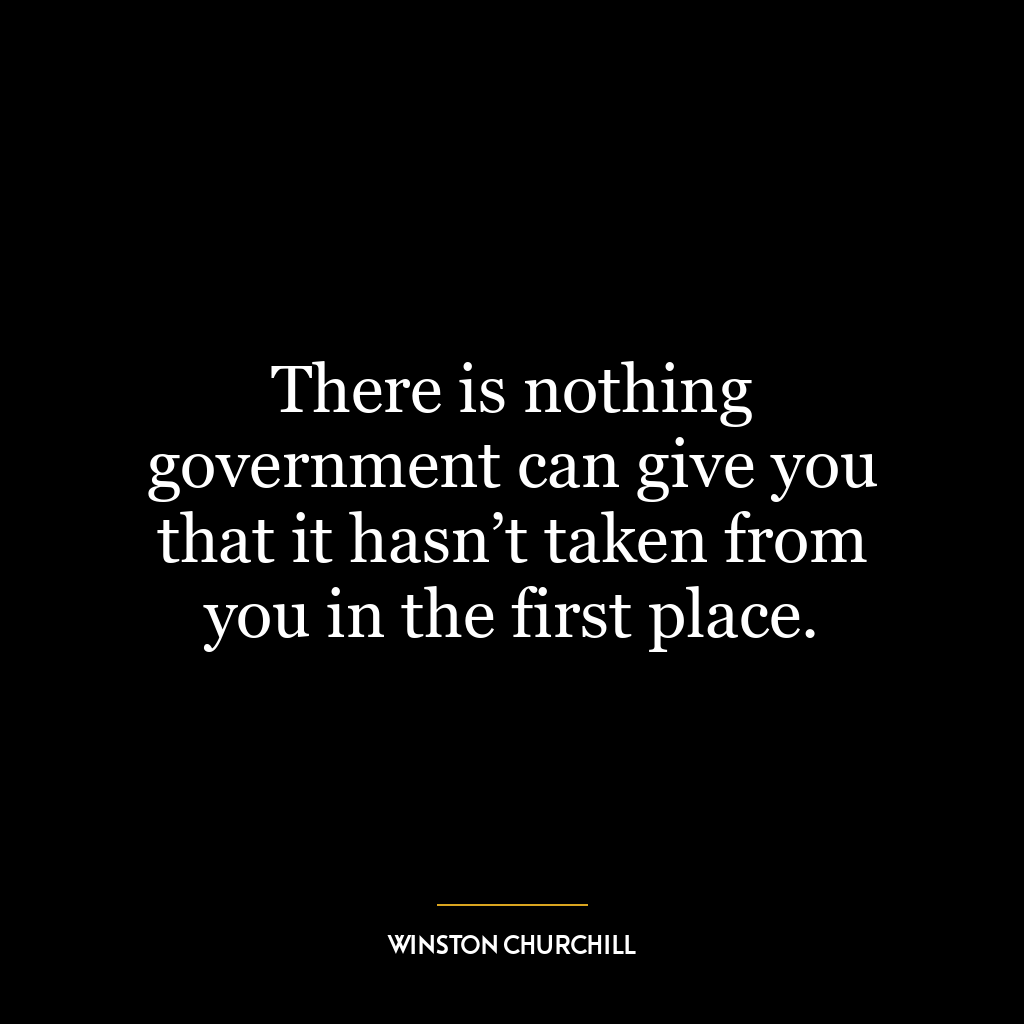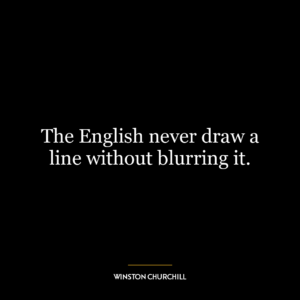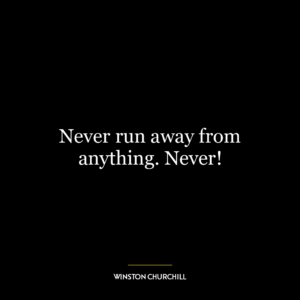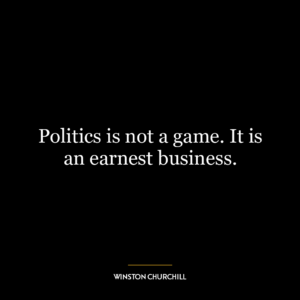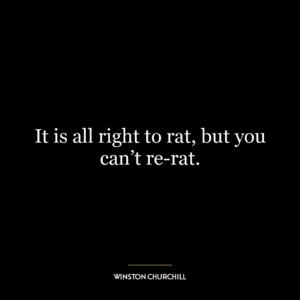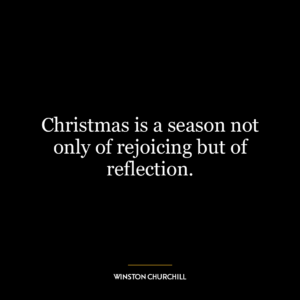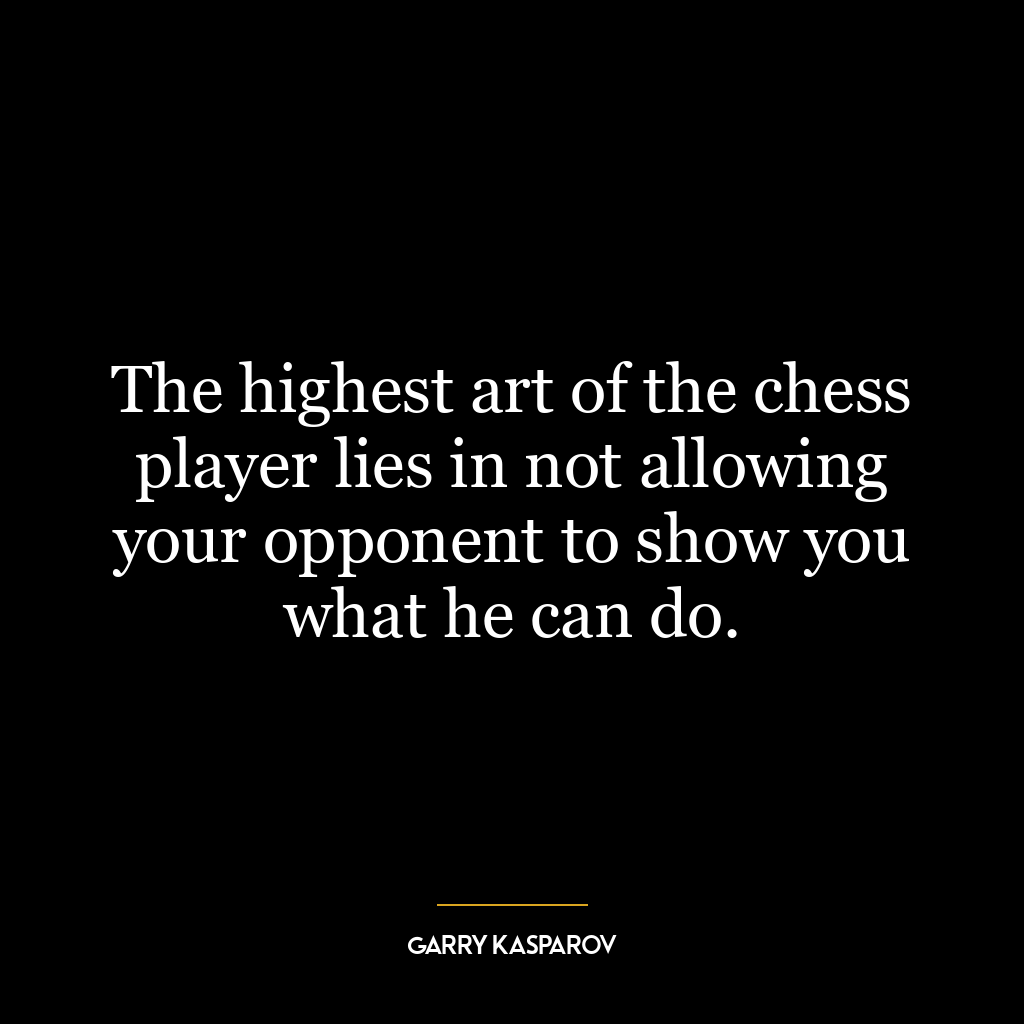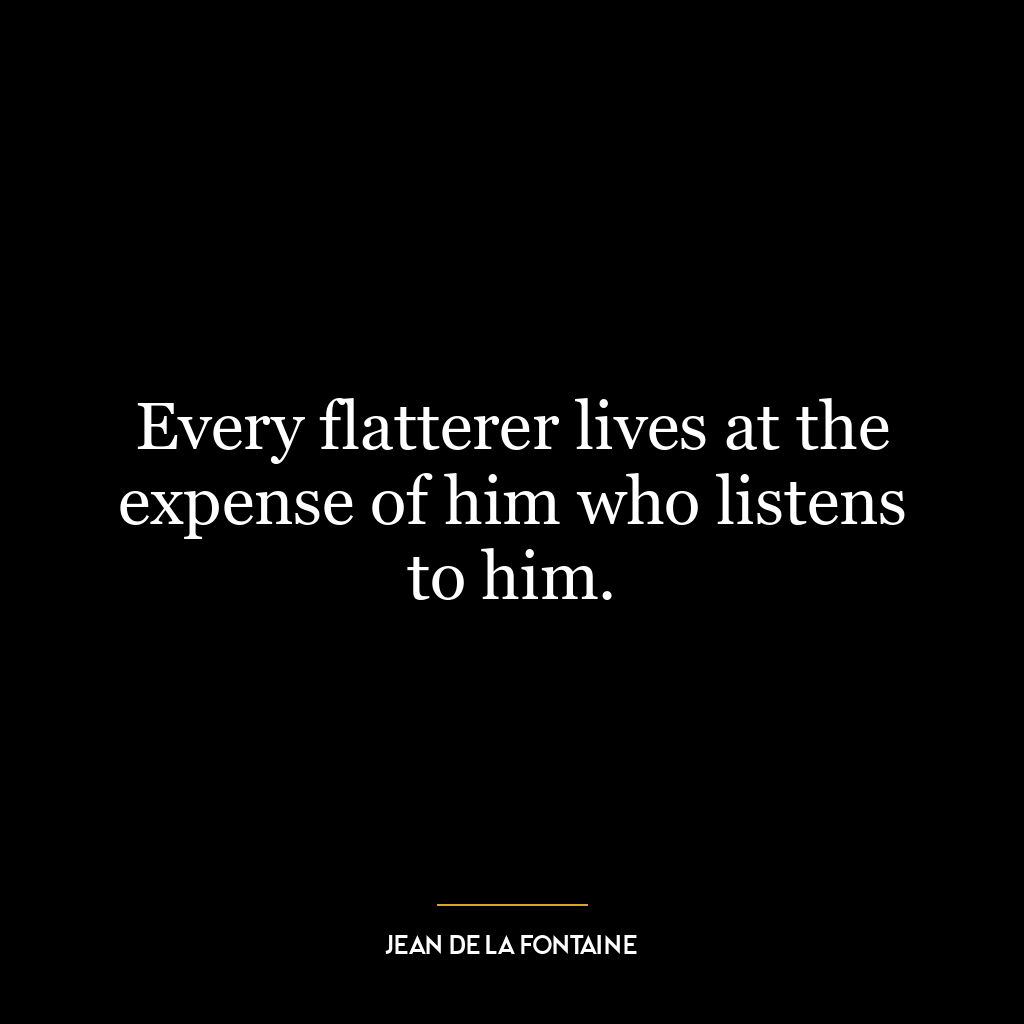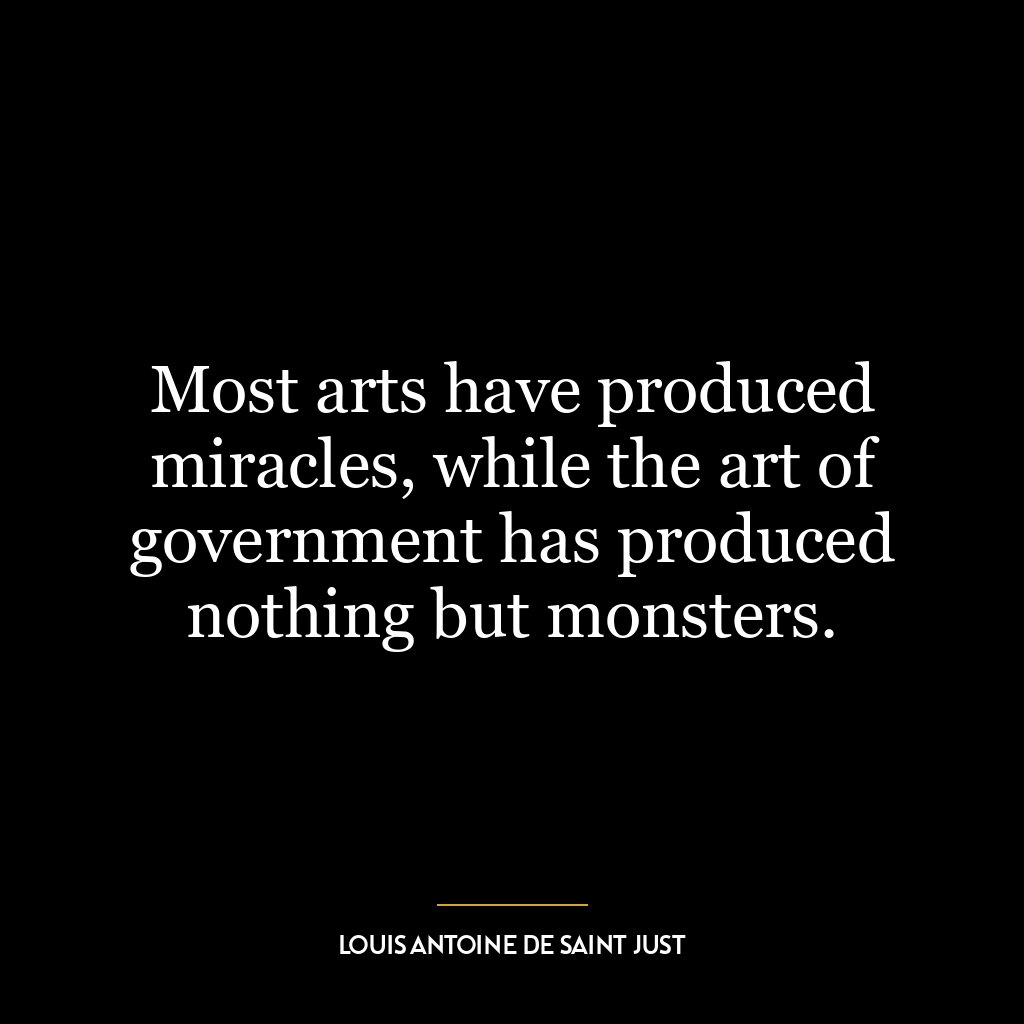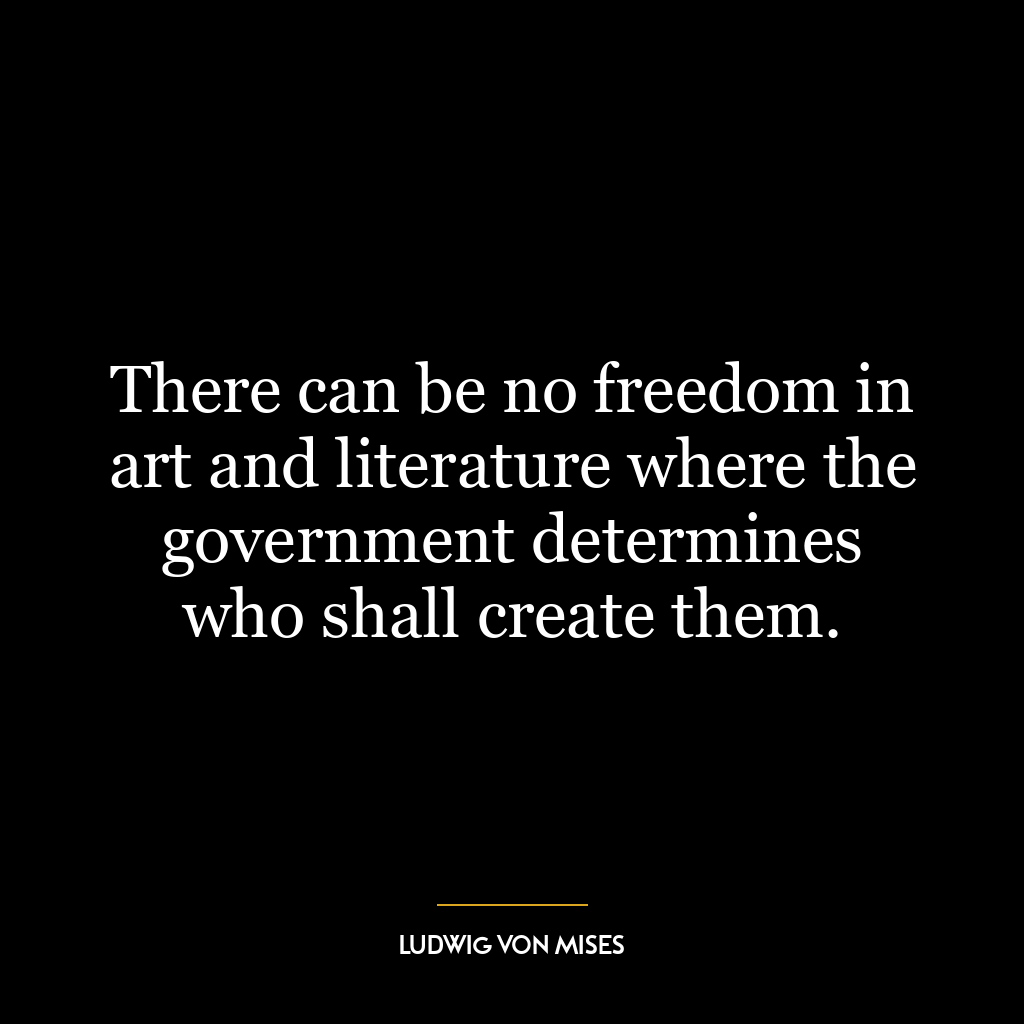There is nothing government can give you that it hasn’t taken from you in the first place.
This quote suggests that everything a government provides to its citizens – be it infrastructure, healthcare, education, or any other public service – comes from the resources it has collected from its citizens, typically in the form of taxes. In essence, the government doesn’t generate wealth or resources on its own; it redistributes what it collects from the populace. This is not to say that such redistribution is inherently negative. Indeed, it can lead to public goods and services that benefit everyone, including those who could not afford them on their own.
However, the quote also implies a criticism of the perception that government is a limitless provider. It reminds us that public resources are not infinite and that government spending is ultimately dependent on the wealth of the citizens.
Applying this idea to today’s world, one might consider the ongoing debates around government spending, taxation, and public services. For instance, discussions about healthcare reform, public education funding, or infrastructure investment all revolve around this central question: how much should the government collect from its citizens, and how should those resources be allocated?
In terms of personal development, this quote might inspire reflection on one’s relationship with the government and society at large. It encourages individuals to consider how their contributions (in the form of taxes, community involvement, etc.) support the collective good. At the same time, it might prompt individuals to think critically about how those resources are being used and whether they align with their personal values and priorities.
In a broader sense, the quote might also be seen as a reminder of the interconnectedness of society. Just as the government relies on its citizens for resources, so too do individuals rely on each other and on the collective systems and structures that make up a society.

